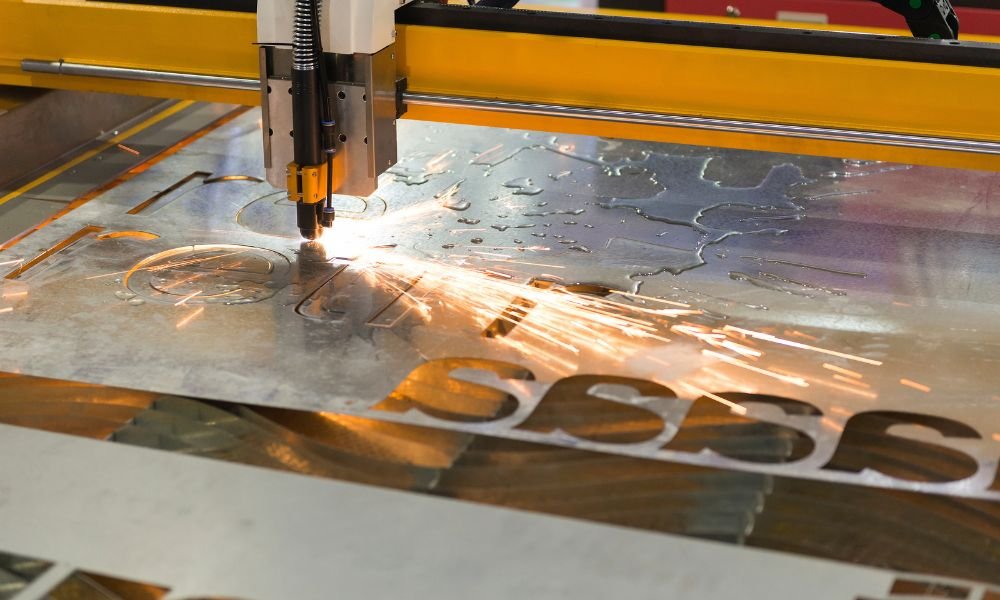Computer numeric control (CNC) machines have revolutionized the manufacturing industry, making the production process faster, more efficient, and ultimately more profitable. However, the use of these machines is not without risk. Operating CNC machines can be dangerous and requires proper training, knowledge, and experience. There are many safety precautions to take when operating this useful but complicated technology.
Proper Training and Certification
It is essential for CNC machine operators to undergo proper training and certification before operating the machines. When comparing CNC machines to traditional machine tools, you’ll see that specialized training is necessary. Given the speed and automation of CNC, certification is often necessary in conjunction with advanced training. This provides operators with an excellent working knowledge of the machine’s components, its operation, and maintenance requirements. Certification ensures that they have met the required safety standards and skill level to operate the machine safely.
Follow Safety Protocols
CNC machine operators must be familiar with the machine’s safety protocols and always adhere to them. Safety protocols may include wearing appropriate personal protective equipment (PPE), ensuring the machine is properly grounded, securing loose clothing, keeping the work area clean, and more.
Regular Maintenance of the Machine
Proper maintenance of the CNC machine is critical for safety. A poorly maintained machine is dangerous, as it can fail unexpectedly and cause injury. Regular maintenance should include checking components such as belts, gears, and spindles. Replace any worn or damaged parts immediately.
Familiarize Yourself With Emergency Procedures
Emergency procedures should be clear and practiced regularly. CNC machine operators should be familiar with the location of emergency stops, emergency power-off buttons, and know how to safely shut down the machine in case of an emergency. They should also know how to isolate energy sources to prevent injury or damage.
Ensure Proper Ventilation
CNC machines generate a lot of dust and debris during operation. Exposure to these particles can cause respiratory problems, such as asthma or compromised breathing. Proper ventilation helps remove dust and debris from the air, ensuring a safe environment for operators and those around the machine.
Operating CNC machines is highly rewarding, but it is not without its risks. These safety precautions to take when using them can help mitigate these risks and encourage successful operation.
